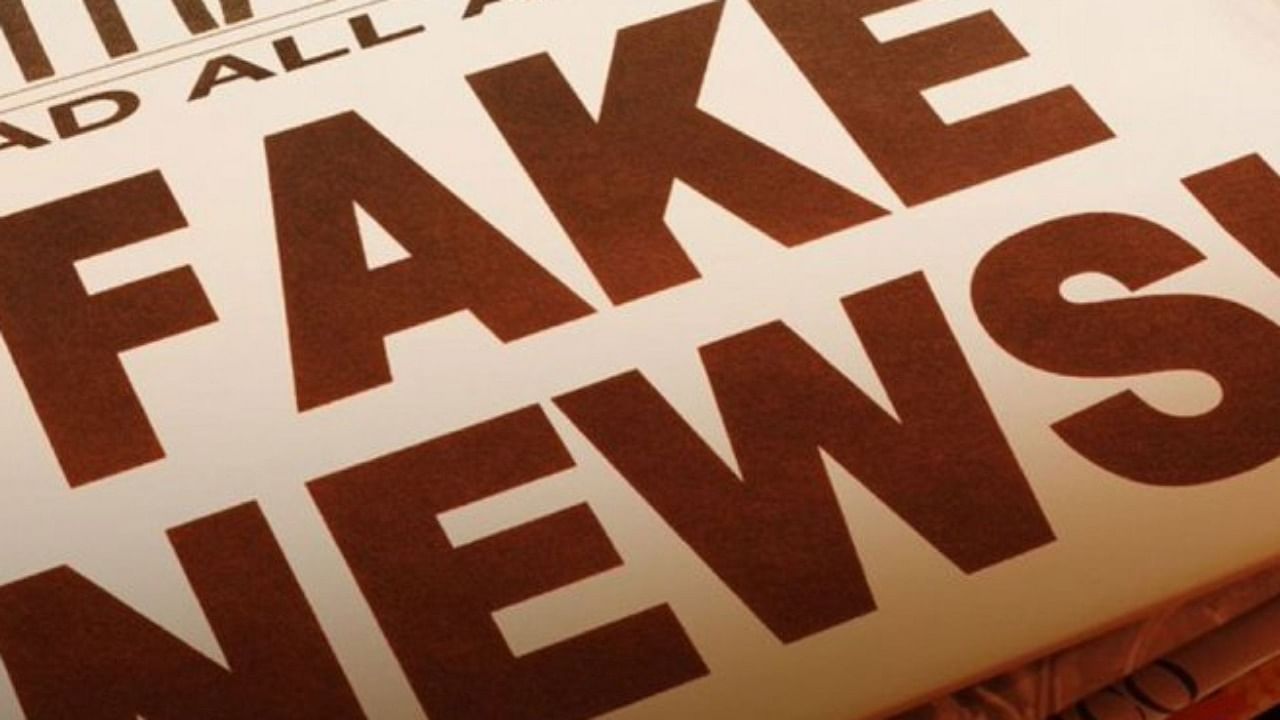
The proposal to remove from all platforms, including social media, news identified as fake or false by the Press Information Bureau (PIB) is the latest in the growing crackdown on the media in the world’s largest democracy.
The Ministry of Electronics and Information Technology (MeitY) of India included a small note for the removal of content identified as false, fake, or misleading by the PIB or any government authorised agency in a draft amendment to the Information Technology Rules, 2021 (January 17).
If information is deemed to be such, social media platforms (Facebook, Twitter, WhatsApp) or other online intermediaries would have to “make reasonable efforts” to ensure users do not “host, display, upload, modify, publish, transmit, store, update, or share” such information, the MeitY said.
Also Read | A plan to censor all the bad news?
The government was to hold a consultation with stakeholders to discuss the amendment in January; a separate consultation will take place in February before the proposal is implemented, according to media reports citing the minister of state for IT.
The odd proposal not only amounts to censorship but also allows the government to have the final say on what is “fake” or “false” news. It has sparked widespread criticism from various quarters and urged the government to drop the proposal.
The Indian Journalists Union (IJU) termed the proposed amendment to the IT rules as “introducing media censorship by the backdoor,” threatening freedom of expression online. “The proposal to authorise the PIB or any other official agency to mark any information as ‘fake news’ and remove it from online platforms reminds us of the Emergency days when censorship of the press was the order of the day,” the IJU said in a statement. PIB is a wing of the Central government, and its fact-checking unit was set up in 2019.
The Internet Freedom Foundation (IFF), an Indian digital liberties entity that seeks to ensure that technology respects fundamental rights, also holds that the proposal is tantamount
to censorship.
According to the IFF, the IT Rules, 2021, significantly increased government control over social media intermediaries, digital news media platforms, and OTT platforms. Now, the MeitY has proposed amendments to the IT Rules for 2021, which may require intermediaries to block access to social media posts and even news stories themselves if the PIB terms them “fake” or “false.”
“This kind of control is eminently prone to misuse and may significantly accelerate the trend towards censorship of the Indian internet.”
However, the minister of state for electronics and IT reportedly said the draft amendments to the IT Rules are in pursuance of the government’s commitment to an open, safe, trusted, and accountable internet.
Indeed, if this is really the intent of the government in a democracy, there needs to be meaningful consultations with various stakeholders on the regulatory framework for digital media. There needs to be objectivity and transparency in the whole process of determining what is “fake” or “false” news, and this cannot be the sole prerogative of the PIB as it would amount to an interested party playing arbiter.
Also Read | Bangladesh shuts down main opposition newspaper
In 2020, the Indian media watchdog Newslaundry, in a report, pointed out several instances of how PIB’s fact-checking was not on the side of facts, but rather stuck to the government’s line.
So, is there a need for an amendment to the rules when multiple laws already exist to deal with content that’s found to be factually wrong? Can’t the intermediaries, alongside the content, publish a disclaimer stating that the information is unverified and they cannot vouch for it? Many publications carry such a rider, thus placing the onus on the content provider and the user or viewer.
Moreover, if the government is anxious about “fake” and “false” news, will it ensure that all such online news is removed, or will it remove only online news that affects the government?
The jury is still out on this, but if the ministry’s proposal is implemented, it would be another blow to freedom of speech, expression, and information online; it must be scrapped.
India’s ranking in the 2022 World Press Freedom Index has fallen to 150 out of 180 countries, according to the latest report (2022) released by the global media watchdog, Reporters Without Borders (RSF). Last year, India was ranked 142.
“The violence against journalists, the politically partisan media, and the concentration of media ownership all demonstrate that press freedom is in crisis in the world’s largest democracy,” RSF said.
Any rule or policy that attempts to stifle free expression will not only push India further down the World Press Freedom Index ranking, but will be disastrous for press freedom and the country as a whole.
After all, isn’t a free press the cornerstone of any democracy, serving to stand against power, lies, and false propaganda?